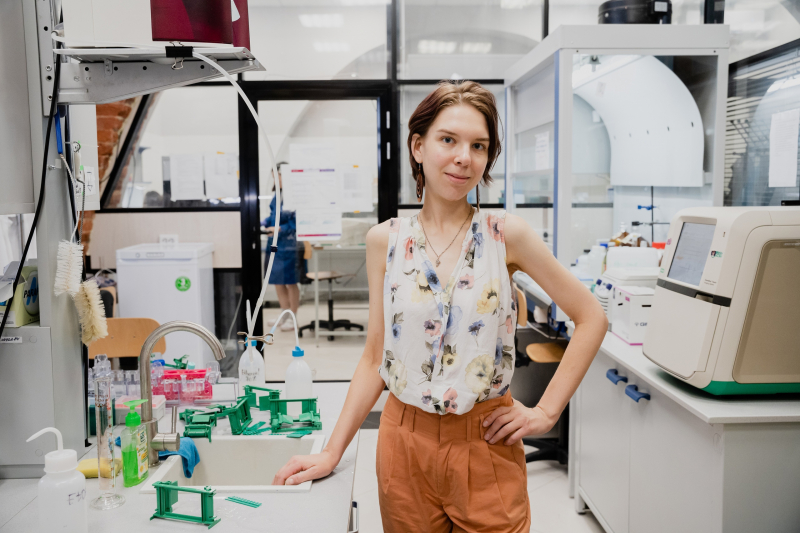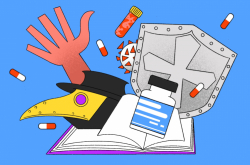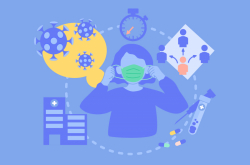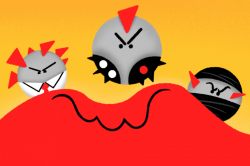What is immunity?
The immune system is a defense mechanism that responds to any change occurring in the body. It’s mainly triggered by various pathological processes. Basically, the immune system's job is to maintain homeostasis in the body.
There are two types of immune responses: cellular and non-cellular (humoral). Humoral immunity is based on the key cells of innate and adaptive immune systems, monocytes and macrophages, and T and B lymphocytes, which provide long-lasting protection against diseases. This is the immune system we acquire after a disease or vaccination. Cellular immunity, in turn, involves active molecules that quickly attack pathogens (viruses or bacteria) or alert nearby cells of an invasion. These molecules derive from the cells of the immune system, for instance, antibodies produced by B lymphocytes, or other cells in the human body.
How does it work?
Generally speaking, our body can eliminate even unknown viruses. For that reason, when we’re exposed to a small portion of virus particles, our immune system can get rid of the invaders, even before we could notice anything. However, it may not happen with a larger number of virus particles. In this case, our body struggles to protect itself, and, as a result, we get sick.
Once inside, viruses trigger the so-called antigen presentation, the process by which antigens are presented to human cells. Now, our body can recognize certain viruses, remember them, and evolve specific strategies to fight off the viruses. This reaction is more powerful and efficient.
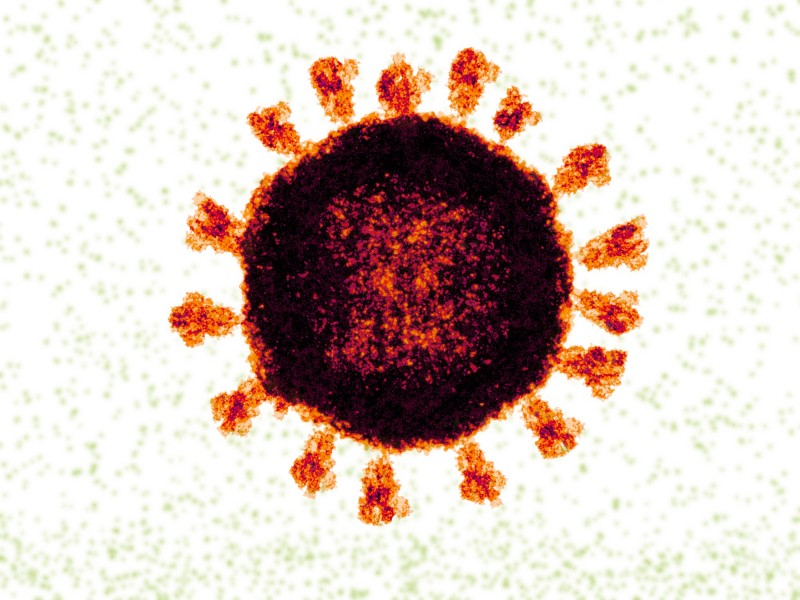
SARS-CoV-2. Credit: depositphotos.com
Why do some people get seriously sick while others don't?
There is no simple answer to this question. It may have something to do with the environment, nutrition, or underlying health issues that a person has. Moreover, some people are genetically more susceptible to certain diseases. And, of course, the severity and time course of the disease depends heavily on the number of viral particles that enter the body.
Why is COVID-19 so dangerous? And why do so many people get terribly sick?
First of all, COVID-19 is still a relatively new disease. We’ve never encountered it before. Secondly, this is the first time we conduct such a large-scale screening of the whole population in order to identify the cause of the disease and death. This has never happened with any other viral infection.
Besides, the coronavirus tends to suppress some aspects of the immune system. It can stay undetected for a long time, although some other viruses can do it, too.
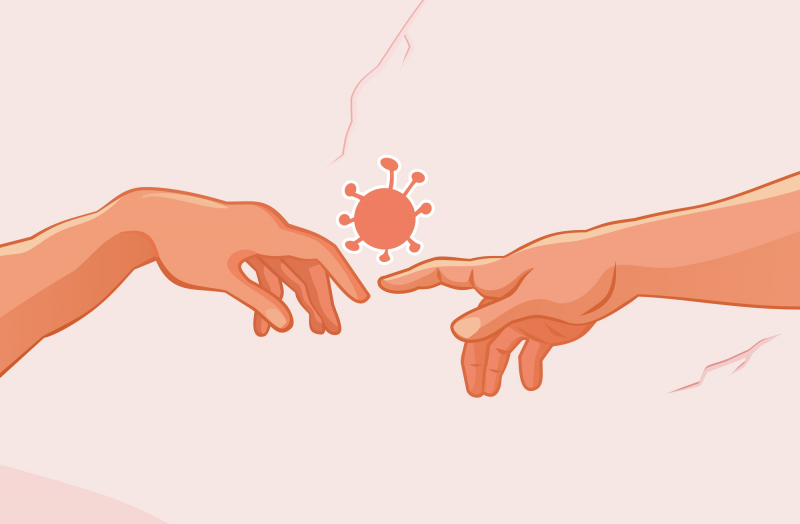
Viruses. Credit: depositphotos.com
What is herd immunity?
Herd immunity occurs when a large number of people are immune to a certain disease by either getting vaccinated or having overcome a previous infection. Such people will have a more efficient immune response, which means that they are less likely to get sick or develop severe symptoms.
Herd immunity makes it possible to reduce the burden of COVID-19 on healthcare as most people won’t need to be hospitalized. Moreover, people with an efficient immune response can’t infect other people. Their immune systems immediately destroy the virus as it gets into their body. As a result, the virus will disappear.
Is it true that vaccination gives a stronger and more lasting immune boost?
It’s too early to give a conclusive proof one way or the other. We know for sure that antibodies from vaccines start to fade after six months but it does not necessarily mean that there would be no effect in a year or so. The same is true for people who have had the disease. We need more time and reliable medical statistics.
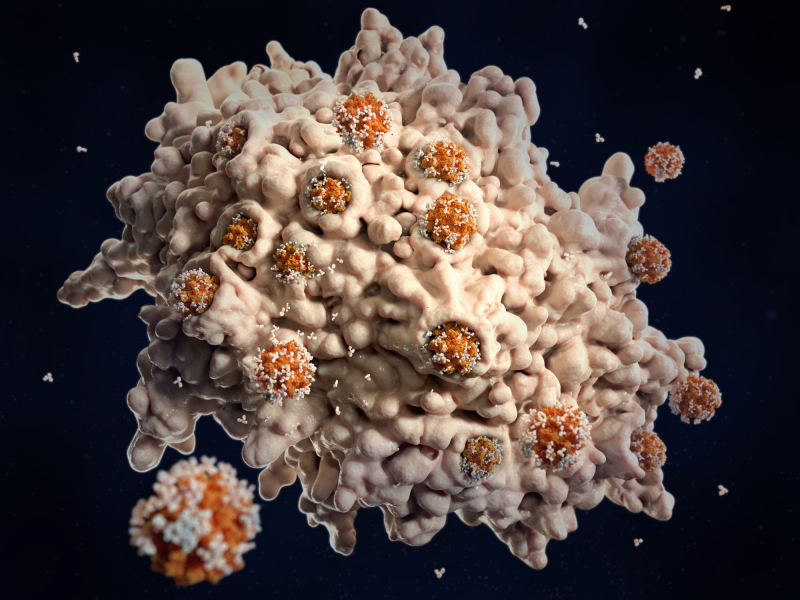
The immune response to COVID-19. Credit: depositphotos.com
What do we know about vaccination and revaccination?
While most people tolerate the vaccines well, others can experience some noticeable side effects. Reactions may vary wildly, so each case should be addressed independently, taking into account a person’s overall health conditions and immune status.
How can I know that it’s time to revaccinate? Should I get an antibody test?
Classical immunology teaches us that antibodies don’t circulate in the blood for a long time and they may not be detected. For instance, after six months, antibodies may drop in numbers and then disappear altogether. But it doesn’t mean that a person is no longer immune.
So far, we are confident that revaccination is necessary for effective immunity. However, there is no scholarly consensus about when people should get revaccinated. Therefore, it’s better to follow doctors’ instructions on this matter.
